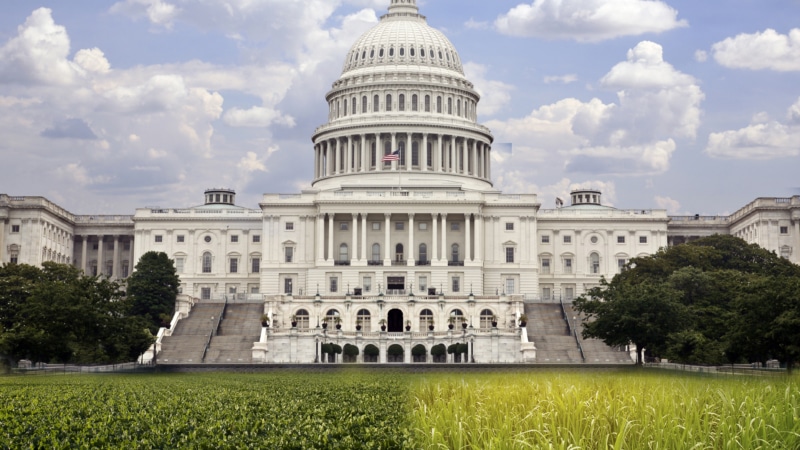American Sugar Alliance Testifies on Importance of Farmers, Farm Bill
Dr. Rob Johansson, Director of Economics and Policy Analysis at the American Sugar Alliance (ASA), testified before the House Committee on Agriculture today on the importance of supporting America’s sugar farmers, producers, and sugar supply chain by maintaining a strong U.S. sugar policy in the 2023 Farm Bill.
In his written testimony, Johansson outlined the strategic importance of American sugar production. The U.S. sugar industry generates more than 140,000 jobs and $20 billion in annual economic activity. In short, the U.S. sugar industry serves as the backbone of local economies in both rural and urban regions while keeping America supplied with an essential ingredient.
Over the past two years, Johansson pointed out, problems with global supply chains have made clear the danger of relying on uncertain foreign suppliers. “This is why an effective sugar policy, which maintains a strong domestic industry, is essential to the food security of our nation,” Johansson said.
Johansson thanked lawmakers for their bipartisan support of U.S. sugar policy, which, because it is based on loans repaid with interest, is designed to cost taxpayers nothing. This structure ensures U.S. sugar policy serves American farmers, consumers, food manufacturers, and taxpayers alike.
However, much like other agricultural sectors, sugar producers are feeling the pressure of rising production costs and inflation while loan rates for raw cane sugar and refined beet sugar have not kept pace. Johansson urged lawmakers to examine how the farm safety net could be updated to better reflect actual costs.
“Operating margins are being squeezed each year, due to rising labor, fuel, seed, fertilizer, equipment and interest rate costs that hit our producers in the field and at the factories they own. Having a loan rate that is closer to actual costs of production would provide a more effective safety net to our producers,” Johansson said.
Other farm safety net programs, such as crop insurance, are important for America’s sugar farmers, and could be improved upon to better meet the unique risk management needs of sugar crops.
Johansson also explained how farm and trade policies, and the strong enforcement measures put into place to uphold these policies, prevent our market from being flooded by heavily subsidized foreign sugar imported from the volatile world market. This sugar is normally sold well below the cost of production and is not produced under the same high standards as U.S.-made sugar.
“Our industry proudly meets some of the highest labor and environmental standards in the world, unlike many other large sugar producing countries. Moreover, using best practices and continuous improvement, our sector has made huge strides in sustainability,” Johansson said.
Johansson concluded his testimony by inviting lawmakers to visit sugar farms and processors throughout the country to see first-hand how U.S. sugar policy and the Farm Bill support America’s sugar farming families and workers, and the communities where they live and work.


